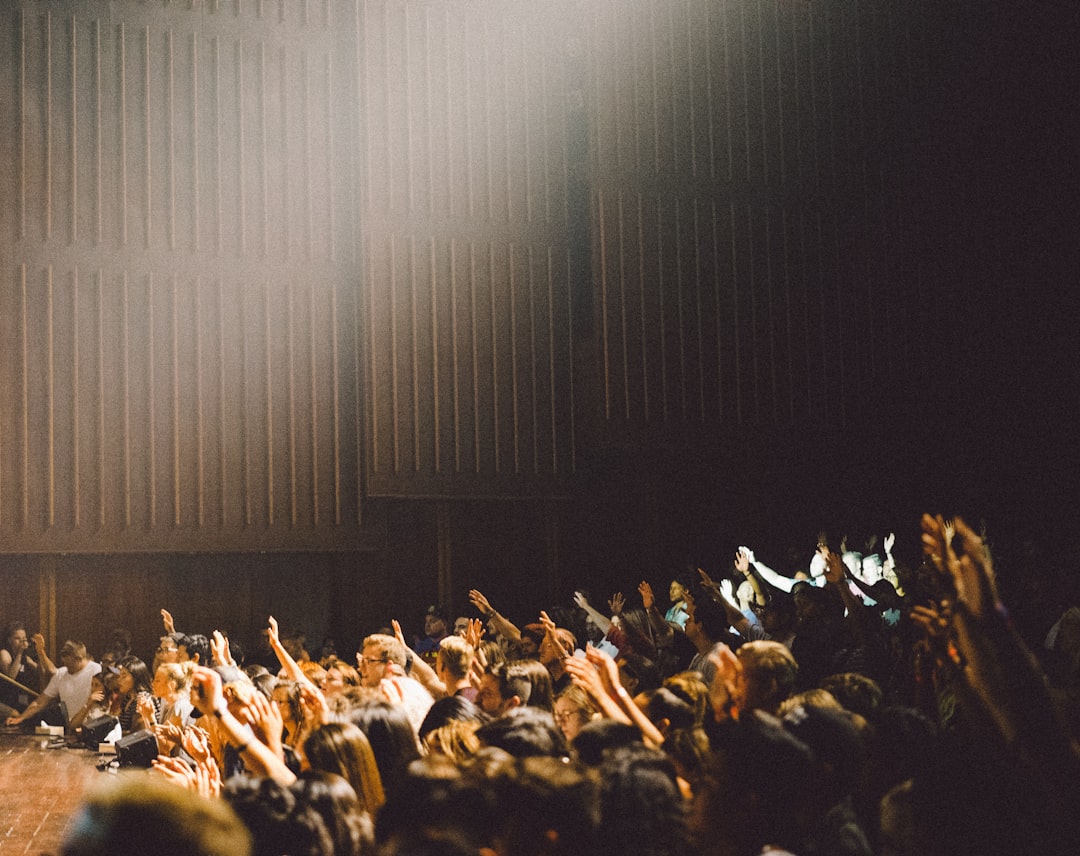In the rapidly evolving world, education stands as the cornerstone of personal and societal growth. It molds the minds of the young and reinvigorates the experienced, making it a perpetual fountain of innovation and culture. As we step deeper into the 21st century, the traditional paradigms of teaching and learning are being challenged by technological advancements and changing societal needs. This article delves into how education is transforming and what it means for future generations.
Shaping Minds with Technology
The integration of technology in education has been accelerating at an unprecedented rate. Interactive learning through digital platforms not only makes education more accessible but also enhances the engagement and retention of information. Virtual Reality (VR) and Augmented Reality (AR) are on the forefront, turning classrooms into dynamic learning environments. These tools help simulate real-life scenarios, from historical events to complex scientific processes, providing students with immersive learning experiences that were once confined to the imagination.
Personalized Learning Journeys
Every student has a unique way of understanding and absorbing information. Adaptive learning technologies have emerged to cater to these individual learning styles, using algorithms to analyze a student’s performance and tailoring the curriculum accordingly. This personalized approach helps students master subjects at their own pace, boosting their confidence and promoting a deeper understanding of the material.
The Rise of Lifelong Learning
Education is no longer confined to the early decades of a person’s life. Continuous education and skill development have become necessities in a world where professional landscapes are constantly shifting. Online courses and microlearning modules allow individuals to acquire new skills or enhance existing ones, irrespective of their age or educational background. This culture of lifelong learning fosters a versatile and resilient workforce equipped to handle various industry demands.
Bridging the Gap with Inclusive Education
Inclusivity in education is pivotal in building a balanced and fair society. Efforts are being made to erase the boundaries created by socioeconomic statuses, disabilities, and geographic locations. Scholarships, online education, and specialized programs are some of the avenues that help bring diverse populations under the educational umbrella. By giving equal learning opportunities, we pave the way for a more diverse and capable workforce.
The Global Classroom
In our interconnected world, the concept of a global classroom is becoming a reality. Students from different corners of the globe can collaborate on projects, discuss ideas, and share cultural perspectives, all within a digital classroom setting. This exposure to global issues and diverse viewpoints encourages empathy, global awareness, and a broader understanding of complex world systems.
Education, as we know it, is being transformed by these innovative trends, making learning a more tailored, inclusive, and continuous process. As educators and learners adapt to these changes, the possibilities for personal and global advancement are boundless. The future of education is not just about learning different but learning better and together, preparing all for a world where change is the only constant.







